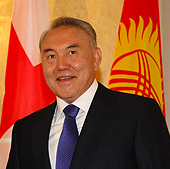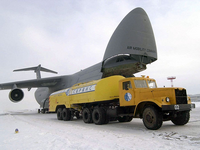
Kazakhstan’s oil and gas reserves, as well as its pivotal location, make it of strategic importance to the United States and its allies. But in the run-up to Kazakhstan’s presidential election later this week, the country’s contested democratic practices and uncertain transition to the next generation of political leaders leaves its future unclear. Unfortunately, due to Washington’s preoccupation with the Middle East, North Africa and Afghanistan, both Kazakhstan and its upcoming election run the risk of being largely overlooked. Last month, Kazakh President Nursultan Nazarbayev rejected the idea of using a national referendum to extend his term until 2020, despite […]

